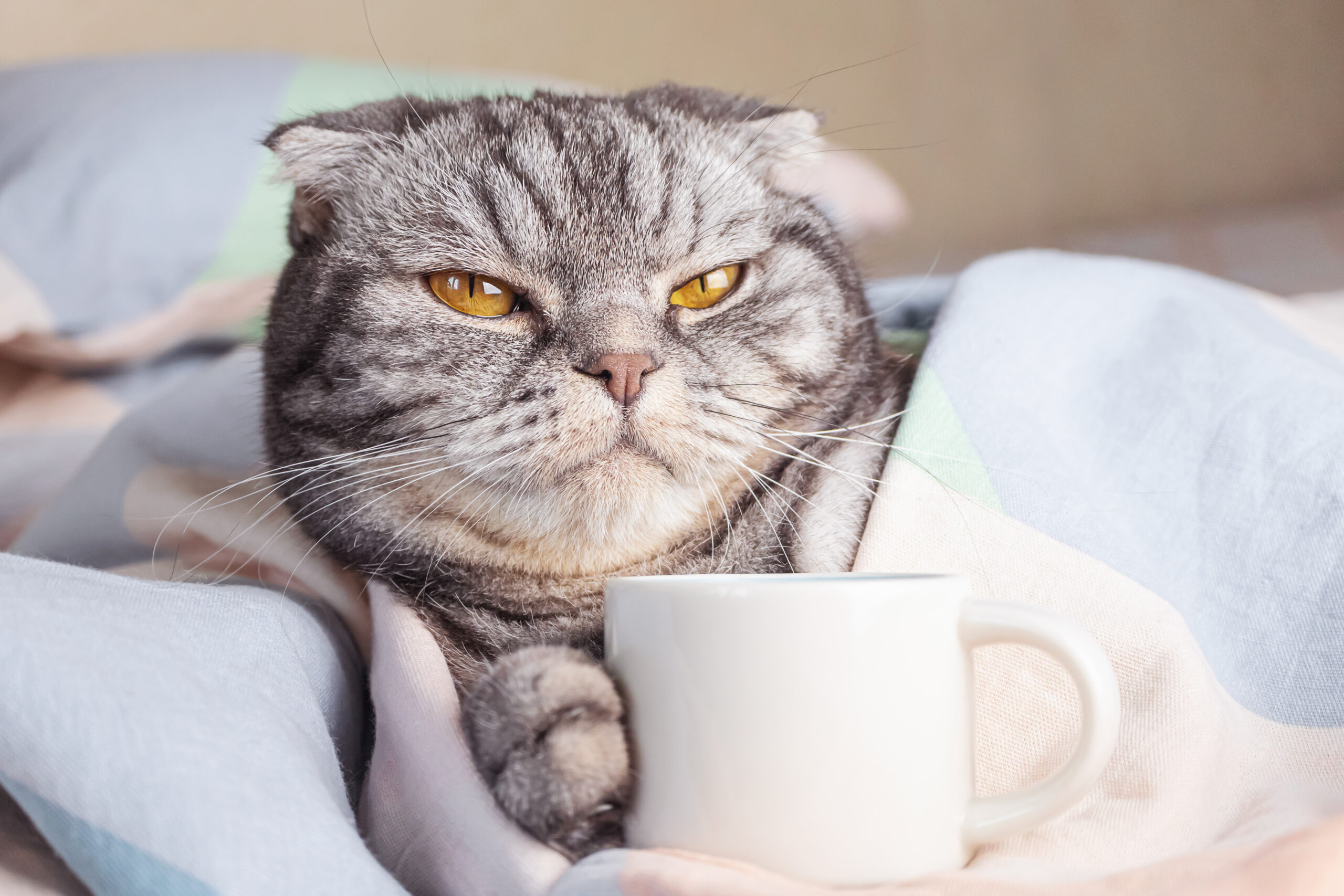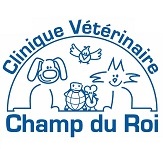Hyperthyroidism in cats

What is hyperthyroidism?
This is the most common endocrine disorder in cats over 8 years of age. This condition results in an excess of thyroid hormones.
Cats over 10 years of age account for 95% of cases.
What are the symptoms?
If your cat suffers from hyperthyroidism, you may notice a change in behavior (aggression), weight loss despite an increased appetite. Your cat may also drink and urinate more.
This condition leads to activation of all systems, so other clinical signs may be observed, such as reduced sleep, chronic vomiting and/or diarrhea, etc.
It should be noted that 80% of cats also suffer from high blood pressure.

Diagnosis

Treatment and prognosis
There is no general rule for treatment. Each case will be examined by your veterinarian, who will determine the medication best suited to your cat’s pathology.
Prognosis can vary greatly. It will depend on the associated disease, renal function, heart function and treatment chosen.
